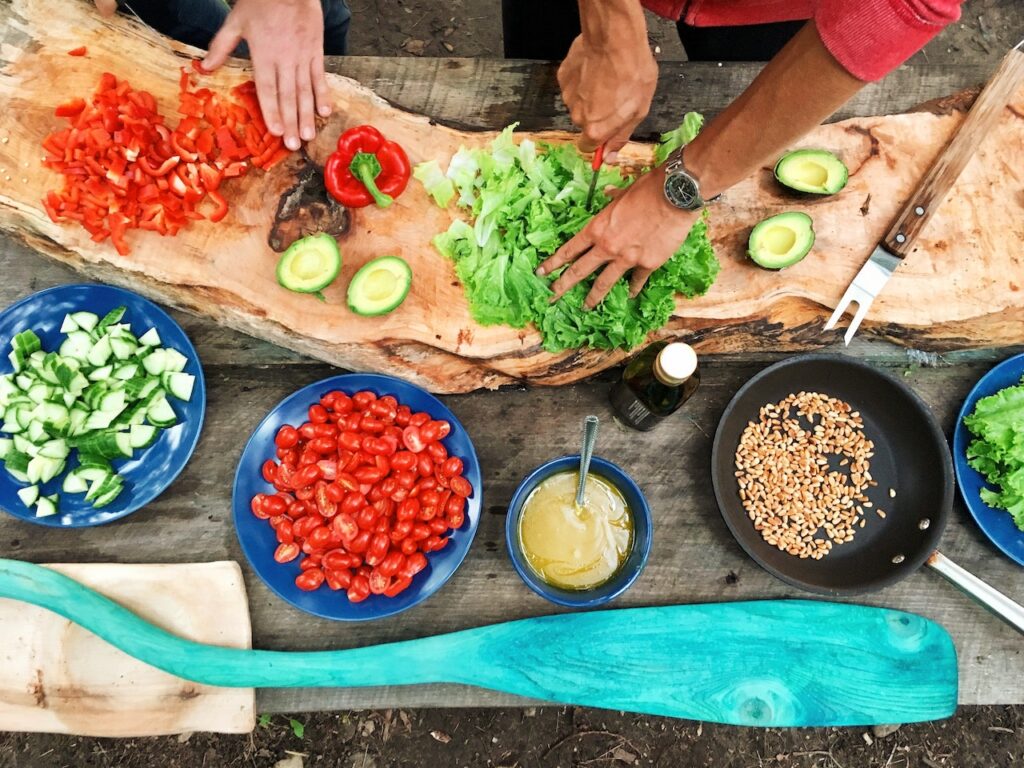Embarking on a fitness journey can be both exciting and overwhelming, especially when it comes to figuring out the right diet to support your workouts. A well-balanced and nutritious diet is essential for beginners, as it provides the necessary fuel and aids in muscle recovery. In this blog post, we will explore the best workout diet for beginners, focusing on simple and effective strategies to optimize your fitness goals.
Stay Hydrated
Before diving into the specifics of a workout diet, it’s crucial to emphasize the importance of hydration. Water is essential for overall health and plays a vital role in maximizing your exercise performance. Make it a habit to drink an adequate amount of water throughout the day, both before and after your workouts, to stay hydrated and maintain optimal energy levels.
Prioritize Lean Protein
Protein is an essential macronutrient for muscle repair and growth. Including lean sources of protein in your workout diet can aid in muscle recovery, enhance your strength, and support overall fitness progress. Opt for options like skinless chicken, turkey, fish, tofu, beans, and legumes to ensure an adequate protein intake.
Incorporate Complex Carbohydrates
Carbohydrates serve as the primary source of energy for the body, making them crucial for workout performance. However, it’s essential to choose complex carbohydrates that provide sustained energy rather than simple sugars. Incorporate whole grains, fruits, vegetables, and legumes into your diet to fuel your workouts effectively.
While it’s important to watch your fat intake, it’s equally crucial to include healthy fats in your workout diet. Healthy fats, such as those found in avocados, nuts, seeds, and olive oil, provide essential nutrients and help maintain hormone balance. They also contribute to satiety, keeping you feeling full and satisfied after meals.
Eat a Balanced Pre-Workout Meal
Having a well-balanced meal before your workout is essential to provide your body with the necessary fuel and nutrients. Aim for a combination of carbohydrates, protein, and a small amount of healthy fats. For example, a whole grain toast with peanut butter and a banana, or a bowl of oatmeal topped with berries and a scoop of Greek yogurt, can be excellent choices.
Fuel with Post-Workout Nutrition
After an intense workout, your body needs replenishment to aid in muscle recovery and repair. Consuming a post-workout meal or snack that includes both protein and carbohydrates is essential. Opt for options such as a protein shake, a chicken breast with quinoa and roasted vegetables, or a Greek yogurt with granola and fresh fruits.
Listen to Your Body
Remember, everyone’s dietary needs and preferences are unique. It’s important to listen to your body and adjust your diet accordingly. Pay attention to how different foods make you feel before, during, and after your workouts. If certain foods cause discomfort or don’t provide enough energy, make adjustments to find what works best for you.
Stay Consistent
Consistency is key when it comes to any diet or fitness routine. Establishing a consistent eating schedule and sticking to it will help you maintain energy levels, support muscle growth, and achieve your fitness goals. Plan your meals and snacks ahead of time, and try to avoid skipping meals or relying on unhealthy convenience foods.
Stay Mindful of Portions
While it’s important to fuel your body properly, it’s also crucial to be mindful of portion sizes. Overeating can lead to weight gain, while under-eating may leave you feeling depleted and unable to perform at your best. Learn to listen to your body’s hunger and fullness cues, and aim for balanced meals that provide enough nutrients without excessive calories.
Finding the best workout diet for beginners is all about balance, consistency, and listening to your body’s needs. Prioritize lean protein, complex carbohydrates, and healthy fats while staying hydrated throughout the day. Don’t forget to eat a balanced pre-workout meal and refuel with post-workout nutrition. With mindful portion control and a focus on nutrient-dense foods, you’ll be well on your way to achieving your fitness goals and maintaining a healthy lifestyle. Remember, always consult with a healthcare professional or registered dietitian before making significant changes to your diet.

